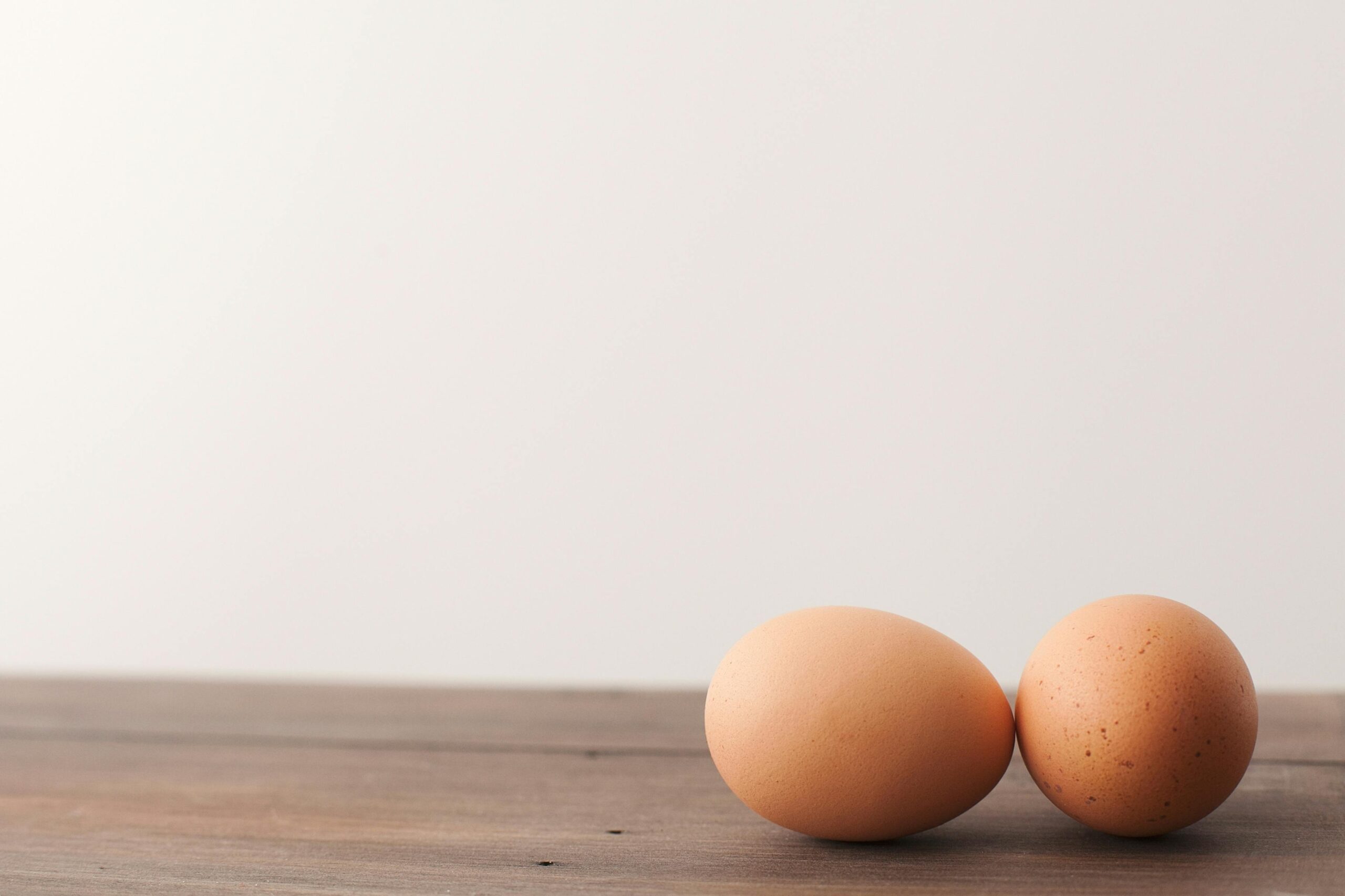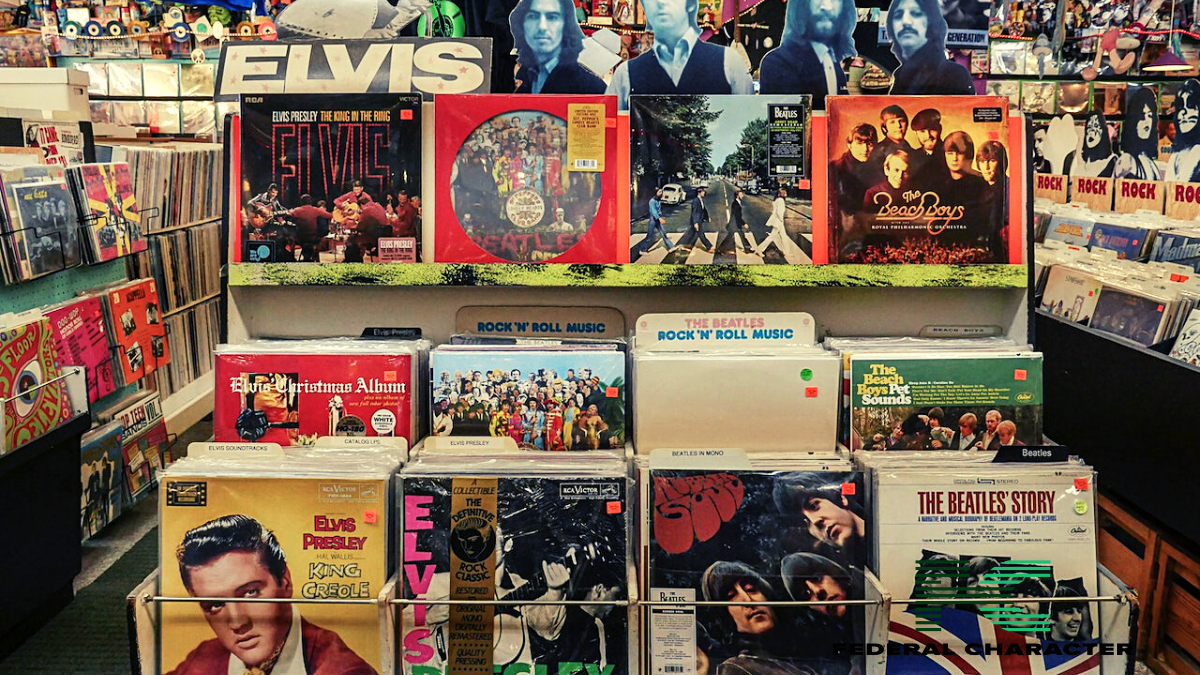Christmas in Nigeria used to be wonderful—a time of happiness, big meals, and family get-togethers where the smell of freshly fried chicken and smoky jollof rice filled the air. But by 2024, things have changed a lot. This year, Christmas celebrations might have boiled eggs as the main “protein dish,” because, let’s be honest: Nigerians are struggling financially. The economy doesn’t allow for any extra spending, and even a simple celebration feels like a luxury that many families can’t afford.
In the past, Christmas in Nigeria wasn’t complete without a big, juicy chicken on the dining table. But now, with the price of a single live chicken around ₦10,000, the idea of having chicken has become as rare as having constant electricity. Families that used to enjoy big, fancy meals will now be eating eggs instead of sharing jokes during their festive dinners.
Eggs are slightly affordable, flexible, and, honestly, the only source of protein for many Nigerians during Christmas. The situation has changed, not by choice but because of necessity. Who can afford chicken when just a bag of rice costs more than the minimum wage?

Nigeria’s economy has been struggling for years, but 2024 has been especially tough. Prices are at an all-time high, salaries haven’t increased, and living costs have soared. A bottle of vegetable oil now costs what a bag of rice used to a few years ago. Even small packets of tomatoes, which were once a budget option for those in need, are becoming too expensive.
And let’s not even mention fuel. With long lines and high prices, many families will use candles instead of generators this Christmas. Without twinkling lights, most homes will have a dim, quiet celebration.
Do you recall when Christmas meant having plenty? Large bowls of hot jollof rice, towering salads, and coolers packed with sparkling drinks. In those days, kids opened bright gifts while grown-ups danced to highlife tunes, holding plates of spicy chicken.
But those joyful Christmas memories now feel like a harsh reminder of the past. Nowadays, families stretch a single carton of Indomie noodles to last all week. Special meals might include garri and peanuts, with boiled eggs for those who can afford a bit of luxury.
As for gifts, that’s a distant thought. Nigerians are struggling just to get by, and buying presents is the last thing on anyone’s mind. The custom of wrapping and placing gifts under the Christmas tree has given way to the practice of re-gifting that unattractive mug you received last year. After all, who can afford new things?
Secret Santa has turned into “No Santa” as even middle-class families are cutting back. Many families will skip exchanging gifts and instead share heartfelt prayers and maybe a handshake to show gratitude.
Eggs have become a lifesaver. They are affordable and full of nutrients, making them very important in Nigerian homes. This Christmas, eggs will be the main ingredient in dishes that used to have chicken or beef. From egg stew to egg salad, Nigerians will get creative with what they can afford.

Moms will tell their kids, “It’s not about what’s on the table, but who’s around it.” But everyone will still remember the times when the table was full of different foods.
For a lot of people, making the house look nice for Christmas used to be really fun. This year, families will take out their old tinsel and maybe put it on the same dry tree branch they used last year. If they have some money left after buying eggs, someone might spend a little extra on a string of fairy lights—but only if the National grid is in a good mood.

















